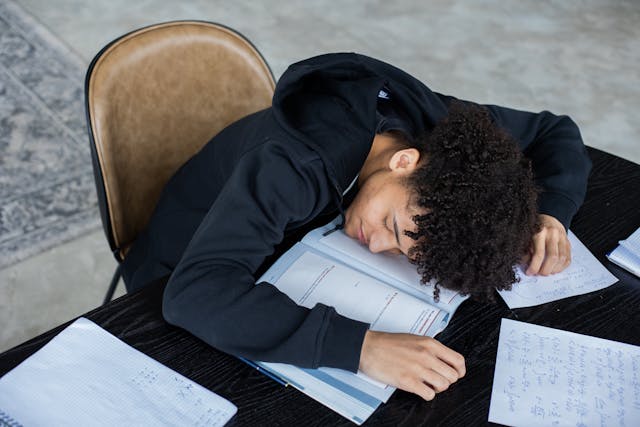
Tensions have reached a boiling point on campuses across the nation in recent weeks. On some campuses, student activists have even come to harm while championing calls for a ceasefire, demanding divestment, and supporting the rights of the Palestinian people.
Unfortunately, when violence has been done unto protestors, the response from police has been described by officials as “limited and delayed.” This is a serious issue, as protestors at campuses like UCLA faced threats including “fireworks, a scooter, water bottles, and tear gas”.
While you should always feel safe to express your First Amendment rights, the escalation of tensions means that you should exercise some caution, too. This will keep you safe and ensure you can engage in lively debates without jeopardizing your health or the health of those around you.
First Aid and Safety
Things can become fractious quickly during a protest. Tensions are particularly prone to spiraling out of control when two or more groups of protestors meet, which may cause violence to break out. While almost all recent protests have been peaceful, it is better to err on the side of caution and prepare yourself to perform first aid if called upon.
While you should refrain from bringing any sharp objects to a protest, you may want to pack essential items like band-aids, gauze, and antiseptic wipes. This can help you clean and bandage wounds that are bleeding due to violence.
You should also keep an eye out for less obvious injuries like concussions. Learning how to spot the signs of a concussion can help you draw attention to a person who is in need of help. This is particularly important if counter-protestors are throwing water bottles into the crowd or police officers are using excessive force to tackle students during a protest. Recognizing a concussion can ensure that the person who has been injured receives help as soon as it is available.
If violence does break out near you, it is best to leave the area rather than engage in conflict. This can be challenging in the heat of the moment, as you’ll naturally want to rally alongside the folks you are protesting with. Instead, focus your efforts on getting people to safety and providing care to those who may have been targeted by violence.
Keeping Cool
Most on-campus protests occur during the summer. In some states, that means you’ll be facing temperatures over 90F. This can become dangerous quickly if you are not properly hydrated or are standing in direct sunlight for hours at a time.
If you’re part of an organizing committee, keep your fellow activists cool by planning to parade through a shaded area. This reduces the risk of sunstroke and will keep folks cooler throughout the warmer parts of the day. You can also hand out DIY ice packs made from ingredients that stay cooler for longer than water alone, including:
- Soap-based ice packs
- Gel ice
- Rice Packs
- Ice sponges
These handmade ice packs are cheap and will help folks cool off during the warmer months. DIY packs like rice bags can also serve an important function should anyone need an ice pack following an injury while protesting.
State Law
While your First Amendment rights are inalienable, some states make it more difficult for students to protest freely. This means you’ll need to conduct some research before you take to the streets on or around your campus. Failing to abide by the law may put you in conflict with the police and result in injury or arrest.
Research state law before joining a protest and stay up to date with recent events in your area. This is particularly important if you live in a state like Texas. In recent weeks, Gov. Greg Abbot has called for arrests on campus and for students who join pro-Palestine protests to be expelled. If you do see someone being wrongfully arrested, avoid the temptation to intervene. Instead, take down key details like:
- Identifying information like officer’s names and badge numbers
- Recent events leading up to the arrest
- Record the arrest as evidence in the future
These steps keep you safe and can be used to push back against any false accusations. You’ll also want to stay up-to-date with your state’s anti-boycott law before engaging in a protest like a boycott. Despite concerns that these types of laws violate civil liberties, Arizona, Arkansas, Kansas, and Texas have opposed the Combating BDS (boycotts, divestment, and sanctions) Act in Congress and maintain controversial anti-BDS laws. This may mean that your livelihood could be at risk if you support calls for divestment.
Conclusion
Using your voice is a key component of being an engaged, politically conscious citizen. However, you need to exercise some caution if you want to stay safe and maintain the safety of your peers. Learn a few first aid skills before attending your next protest and conduct some research before joining a rally or parade. This will help you avoid potential conflict and keep you safe while you express your First Amendment rights.
SEE ALSO: Essential Life Skills Every College Student Should Master















